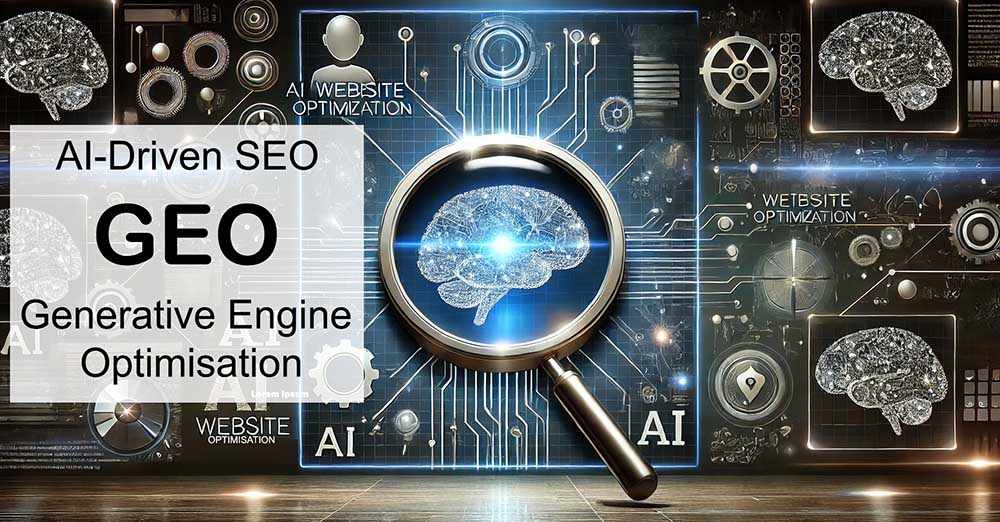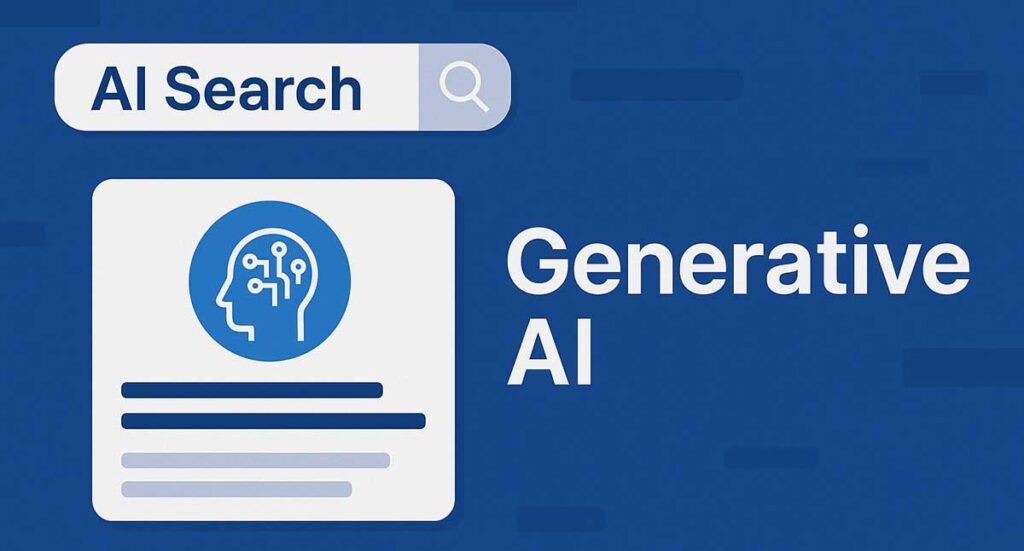AI has quickly become part of the SEO toolkit, but not always in the right way. Across the UK, I see SEO companies and independent website owners rushing to use tools like ChatGPT, Google Gemini, and Jasper, often making avoidable mistakes that damage visibility rather than improve it.
Here are the 10 most common pitfalls, backed by industry research, along with alternative approaches.
1. Over-Reliance on AI-Generated Content
The Mistake: Publishing unedited AI content word-for-word. Google’s Helpful Content System explicitly devalues content written solely to manipulate rankings.
The Fix: Use AI for drafting and ideation only. Always add human expertise, examples, and unique insights. At Digital Hype, we recommend blending AI with content marketing strategies that reflect your business’s voice and authority.
2. Ignoring E-E-A-T
The Mistake: AI-written content often lacks Experience, Expertise, Authoritativeness, and Trustworthiness (E-E-A-T), making it less likely to be trusted by Google or cited in AI summaries.
The Fix: Add author bios, case studies, and references to every piece of content. Show real-world proof of expertise.
3. Keyword Stuffing With AI
The Mistake: Instructing AI tools to repeat target keywords excessively. This is outdated, easily spotted, and can result in ranking penalties.
The Fix: Optimise for semantic search instead. Use conversational phrasing, long-tail queries, and natural language, as shown in our SEO services.
4. Forgetting About GEO (Generative Engine Optimisation)
The Mistake: Optimising only for traditional search. AI-driven search engines, such as Google’s AI Mode and ChatGPT, prefer structured, citable content.
The Fix: Combine SEO with geo strategies, including FAQs, schema markup, and clear structures. Businesses in Bournemouth, Poole, and across the UK will need both to stay visible. (Search Engine Land)
5. Copying Competitors With AI
The Mistake: Asking AI tools to “recreate” what a top-ranking competitor has already written. This leads to duplicate, derivative content that offers nothing new.
The Fix: Utilise AI to identify content gaps and then create unique insights. For example, include local case studies or UK-specific examples that competitors may have overlooked.
6. Producing Too Much, Too Fast
The Mistake: Flooding a website with dozens of AI-generated posts in a week. This creates a “content farm” signal, undermining trust.
The Fix: Publish steadily, focusing on quality over quantity. Google values consistency and usefulness over sheer volume.
7. Skipping Human Editing
The Mistake: Trusting AI content without fact-checking. AI models can hallucinate data, creating inaccuracies that harm brand trust.
The Fix: Always review and edit AI drafts. Verify facts against authoritative sources, such as the BBC Technology or Google’s official documentation.
8. Ignoring Technical SEO
The Mistake: Believing AI-generated content alone drives rankings, while neglecting site speed, mobile usability, and technical health.
The Fix: Combine content optimisation with strong web design & development practices. AI content won’t perform well on a poorly structured site.
9. No Content Differentiation
The Mistake: Letting AI tools generate generic content that sounds the same as everyone else’s. Google devalues content that provides no unique value.
The Fix: Add brand personality, UK market relevance, and local context. AI can help with structure, but your distinct expertise makes it stand out.
10. Failing to Monitor AI Visibility
The Mistake: Not tracking how often content is cited or surfaced by AI tools. Many site owners don’t realise their visibility in AI is already shrinking.
The Fix: Start monitoring AI citations using new visibility tools (e.g., Wix’s AI Visibility dashboard). For agencies, build AI tracking into client reports.
Ready to Harness the Power of Generative AI?
Generative AI is reshaping search, SEO and online marketing — but only if you use it strategically. At Digital Hype, we help businesses across Bournemouth, Poole, Dorset and UK-wide adapt to AI-driven search (GEO), streamline workflows, and stay ahead of the competition. Let’s explore how AI can boost your visibility and transform your digital strategy.
Contact Us About AI StrategyQuick Mistake vs Fix Table
| Mistake | Why It Hurts | The Fix |
| Publishing raw AI content | Penalised by Google | Blend AI with human insight |
| Ignoring E-E-A-T | Content not trusted | Add bios, case studies, references |
| Keyword stuffing | Outdated tactic | Optimise for semantic queries |
| Forgetting GEO | Invisible in AI search | Add FAQs, schema, structure |
| Copying competitors | Duplicate & weak | Fill content gaps, add unique value |
| Producing too much | Signals low quality | Publish steadily & thoughtfully |
| Skipping editing | Risks inaccuracies | Human review & fact-check |
| Ignoring technical SEO | Poor rankings | Improve site speed & structure |
| Generic content | No brand authority | Add UK-specific context |
| Not monitoring AI visibility | No idea if it works | Track citations & AI mentions |
FAQs on AI and SEO Mistakes
1. Is AI content against Google’s rules?
Not if used responsibly. Google allows AI-assisted content, but it must be helpful, accurate, and edited by humans.
2. Can AI-written content rank in the UK?
Yes, but only if it meets Google’s Helpful Content and E-E-A-T standards.
3. How do I avoid AI “hallucinations”?
Always fact-check AI outputs against reliable sources like BBC Technology.
4. What is the difference between SEO and GEO?
SEO is about ranking in Google search results. GEO ensures your content is cited inside AI answers.
5. How often should I use AI for content?
Use it to support your writing, not replace it. Steady, human-led content wins long-term.
6. Is AI content suitable for small UK businesses?
Yes, if combined with FAQs, local context, and credibility signals.
7. Do I need schema markup for AI?
Yes. Schema helps AI understand your site structure and cite your content correctly.
8. Will AI reduce search traffic?
Possibly. That’s why GEO and content authority are vital.
Future-Proofing Your SEO Strategy
AI is transforming the way SEO operates in the UK, but many businesses are making critical mistakes by utilising it incorrectly. For website owners and SEO companies in Bournemouth, Poole, Dorset, and nationwide, the key is balance: use AI for efficiency, but rely on human expertise for authority and trust.
The future of search belongs to businesses that adapt to AI-driven visibility while avoiding shortcuts that harm long-term results.


